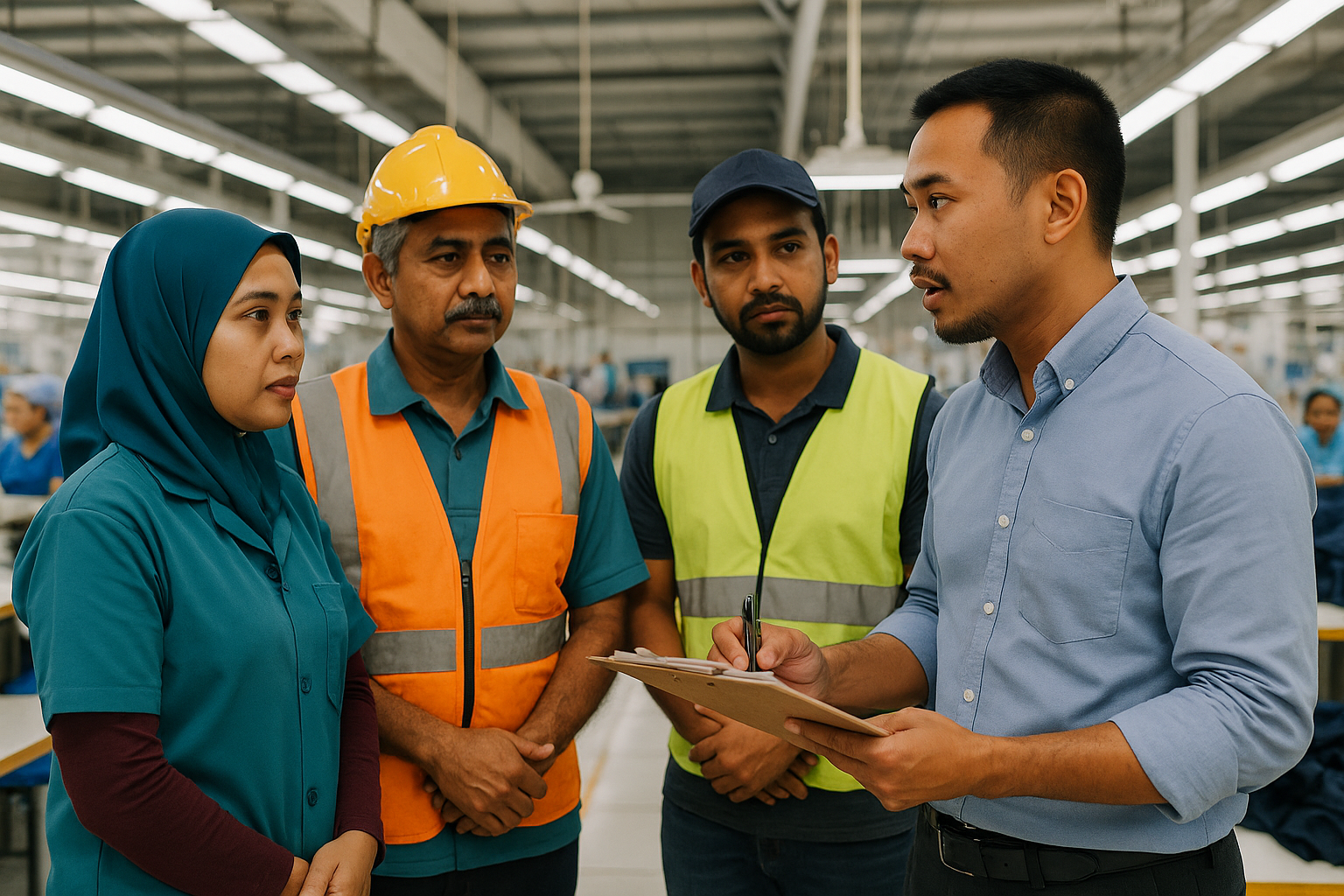ILO Unveils Enhanced Sectoral Data Platform to Boost Evidence-Based Policy
The enhanced Industries and Sectors overview page on the ILO website now serves as a single entry point for exploring the organization’s work across key sectors.

In a strategic move to improve access to high-quality, sector-specific labour market intelligence, the International Labour Organization (ILO) has launched a revamped and integrated digital framework aimed at facilitating better data-driven decision-making across major global industries. The initiative introduces updated sectoral webpages on the ILO website and a new section on the ILOSTAT portal offering direct access to disaggregated labour statistics by sector.
This development marks a significant milestone in the ILO’s ongoing efforts to equip constituents, policymakers, researchers, and technical partners with accessible, timely, and relevant information on the world of work.
A One-Stop Hub for Sectoral Labour Market Intelligence
The enhanced Industries and Sectors overview page on the ILO website now serves as a single entry point for exploring the organization’s work across key sectors. These include:
-
Agriculture
-
Manufacturing
-
Transport
-
Tourism
-
Construction
-
Education
-
Finance
-
Healthcare
-
Mining
-
Textiles
-
Retail, among others.
Each sectoral page now features an integrated “Data and Statistics” section, powered by ILOSTAT, the ILO’s global portal for labour statistics. Visitors can explore sector-specific snapshots that combine labour standards, policy initiatives, research outputs, and newly disaggregated statistical indicators — all in one place.
“Our goal is to make it easier for constituents and stakeholders to find what they need — whether it’s standards, data, research or guidance,” said Frank Hagemann, Director of the ILO’s Sectoral Policies Department. “The generation of these new statistical data and their integration into our sectoral web pages will facilitate evidence-based research and analysis, helping bridge the gap between knowledge and action.”
Empowering Policy with Disaggregated Data
The new sectoral data hub on ILOSTAT allows users to filter labour market indicators by sector and country, offering insights into employment trends, working conditions, wages, hours worked, occupational distribution, and gender representation. These metrics are essential for understanding sectoral transformations and supporting decent work across diverse industries.
“Reliable and comparable labour statistics are essential for understanding how different sectors evolve and identifying where support is needed most,” said Rafael Diez de Medina, Chief Statistician and Director of the ILO’s Department of Statistics. “By integrating this newly disaggregated ILOSTAT data into these sectoral pages, we’re making that information easier to access, use, and act on — especially for those who rely on it to shape policy and drive change.”
The initiative enables the ILO to respond more efficiently to growing demand from constituents — including governments, employers, unions, researchers, and development agencies — for sector-specific insights to guide policy dialogue and labour reform.
Collaboration Across ILO Departments
The development of the updated sectoral webpages and ILOSTAT data tools was led by the ILO’s Sectoral Policies Department (SECTOR), with vital contributions from the Department of Statistics and the Research Department. The effort underscores the ILO’s commitment to interdisciplinary collaboration and user-centered design in delivering digital knowledge services.
Importantly, this initiative supports the ILO’s broader strategic objectives under the Decent Work Agenda and contributes to the 2030 Agenda for Sustainable Development, particularly SDG 8 (decent work and economic growth) and SDG 9 (industry, innovation, and infrastructure).
Supporting Change Through Timely and Targeted Information
The new digital infrastructure is designed to evolve. Webpages and data sets will be continuously updated with the latest reports, guidelines, statistical releases, and analytical tools. This dynamic approach ensures that stakeholders can always access current information that reflects changing labour trends, sectoral shifts, and the implications of emerging global challenges — such as technological disruption, climate change, and pandemics.
By empowering stakeholders with a rich, intuitive, and integrated information ecosystem, the ILO is taking a major step forward in helping countries and sectors design evidence-based labour policies, identify gaps, and promote decent work across all industries.
ALSO READ
Row Over Land Reclamation and Job Creation Intensifies in Telangana
ILO and Partners Launch Global Drive to Ratify Fishing Labour Standards at UNOC3
Government Unveils Rs 1.07 Lakh Crore Incentive Scheme for Job Creation
Central Government Unveils Ambitious Job Creation Initiative
India's ELI Scheme: Boosting Job Creation and Workforce Formalization










